Fiber internet activity explodes in Colorado Springs
COLORADO SPRINGS, Colo. (KRDO) -- Among the many lessons learned from the pandemic is that Colorado Springs did not have widespread internet capable of meeting the needs of families who were stuck at home working and attending school.
As a result, companies are now building or upgrading networks like never before, and the competition should be good for consumers.
Over the past few months, Colorado Springs Utilities has stockpiled giant reels and other materials at a storage area near Hwy 24 and the Hancock Expressway.
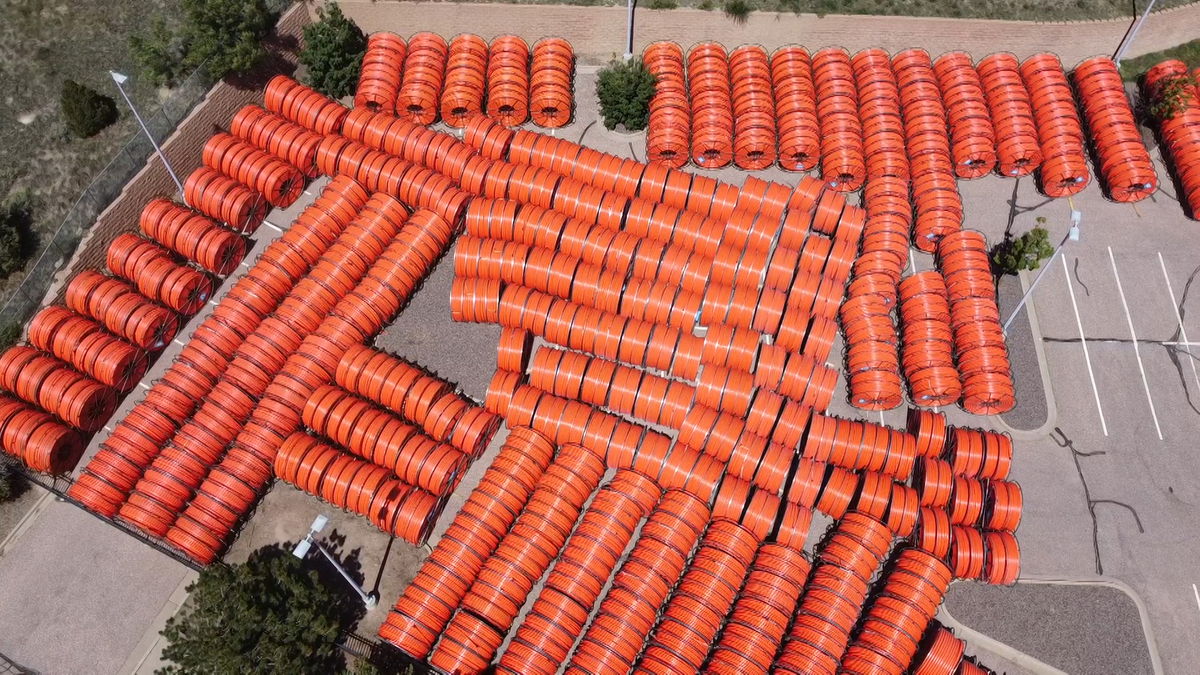
The reels contain about 130 miles of bright orange plastic tubing that will be buried when CSU begins to build its new citywide fiber network in mid-September.
The 3-inch conduit will eventually contain hundreds of tiny fibers that are capable of delivering data at a gigabyte per second or more.
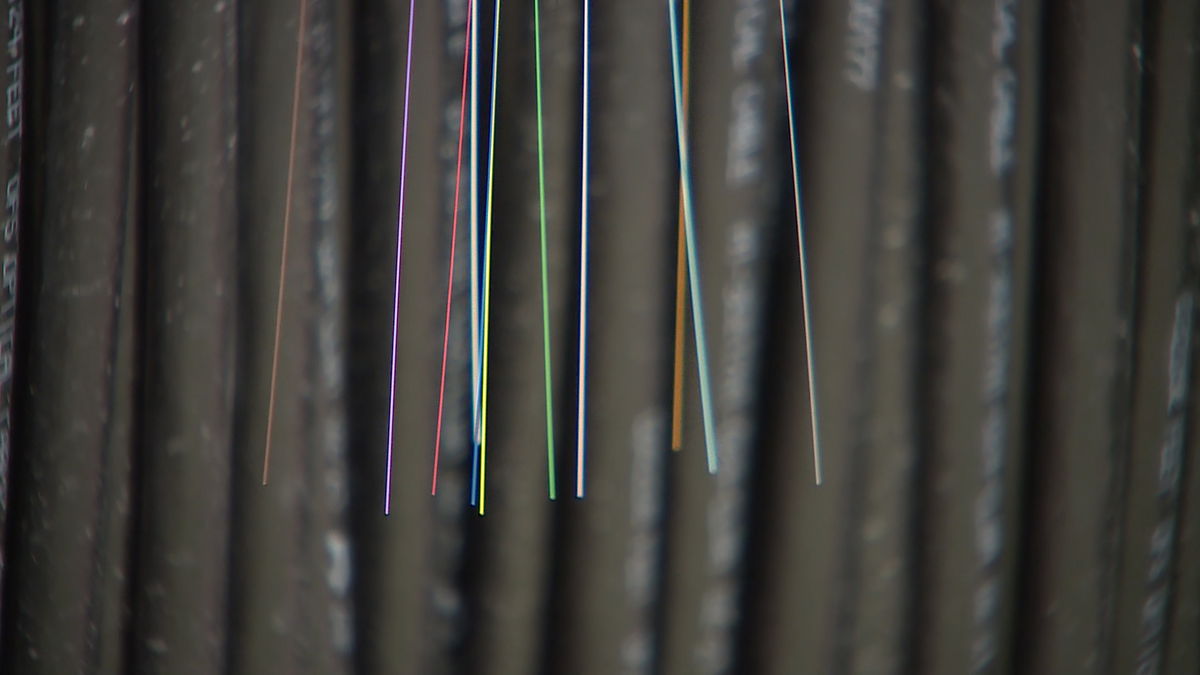
Brian Wortinger, manager of CSU’s Fiber Optic and Telecom Enterprise, says the new fiber network will allow the utility provider to better identify the source of power outages, as well as new capabilities like remotely cutting off the gas to a home threatened by fire.
However, the biggest benefit is providing a more secure way to control the different systems it monitors and manages.
“These are all the controls for our electric grid. These are the controls for our water systems. These are the controls for our gas systems. Those control systems are going to be completely and physically segregated from any IT system, which means it's that much harder to attack from a cybersecurity perspective,” explains Wortinger.
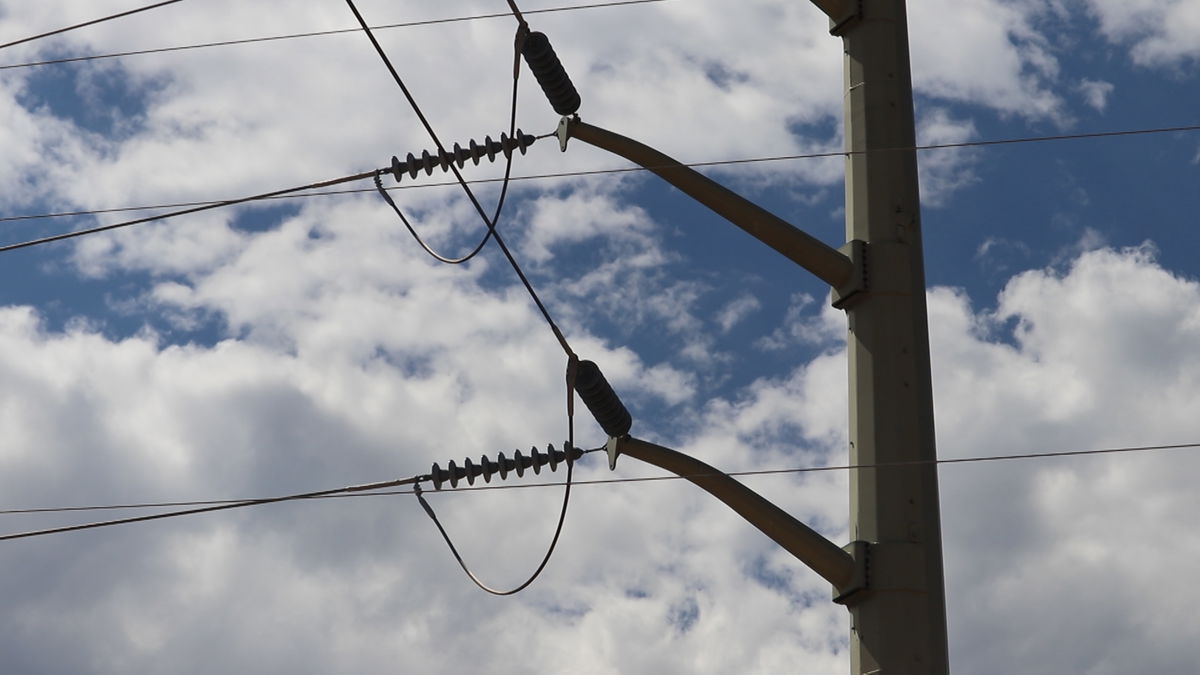
The $600 million network will be built over a 6-year period and eventually connect around 200,000 addresses.
CSU divided up its service area into 12 sections, and it expects to move from one section to another every six months, beginning with the far north end of Colorado Springs.
Wortinger explained that it would have cost about $450 million to build a fiber network to meet the needs of CSU.
Instead, CSU leaders opted to build one with much more capacity for only another $150, and then lease out the “dark fiber”, or unused capacity, to private companies that would then provide internet service to homes and businesses.
Wortinger said the primary cost of the network was the installation, so the added capacity simply made sense.
Earlier this year, long before the first fiber line was laid, CSU selected Ting Internet as its first tenant to use the network.

Ting has agreed to pay $593 million over the next 25 years, which almost covers the cost of construction.
At least two other cities, Huntsville AL, and Springfield MO have previously pursued this type of “utility lease model”.
Wortinger said CSU has taken the lessons learned from those projects and incorporated them into the local project.
Those lessons include the financial structuring of the agreement and also anticipating certain costs with replacing older infrastructure needed to handle the weight of the new system.
Ting’s agreement does not include exclusivity.
CSU is in discussions with other private companies to lease space on the network, according to Wortinger.
“We're trying to find terms that are agreeable to all parties involved,” he said.
Other companies, meanwhile, are already building their own fiber networks.
Metronet began construction in north Colorado Springs back in July.
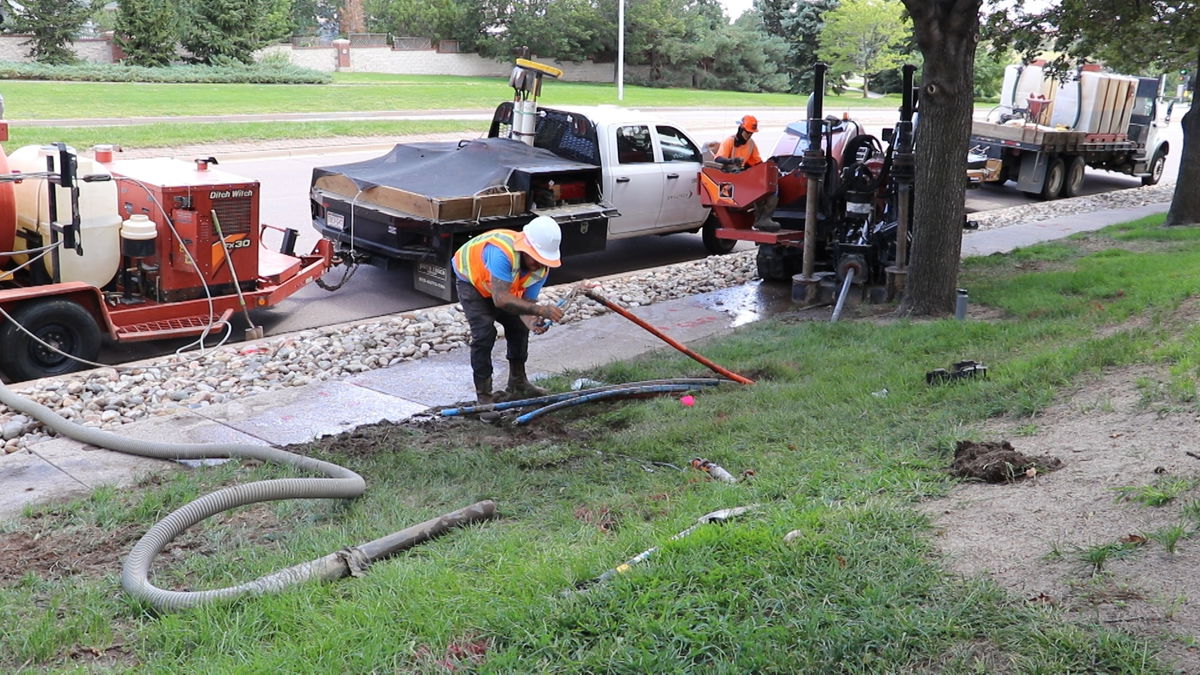
Comcast, the parent company of Xfinity, is installing new equipment to fully digitize its network and allow for a faster and more reliable connection.
Stratus IQ, formerly Falcon Broadband, is also expanding its fiber network into new parts of Colorado Springs.
The provider not only offers 1Gbps service but also 2.5Gbps and 10Gbps speeds in select residential areas of Colorado Springs and El Paso County.
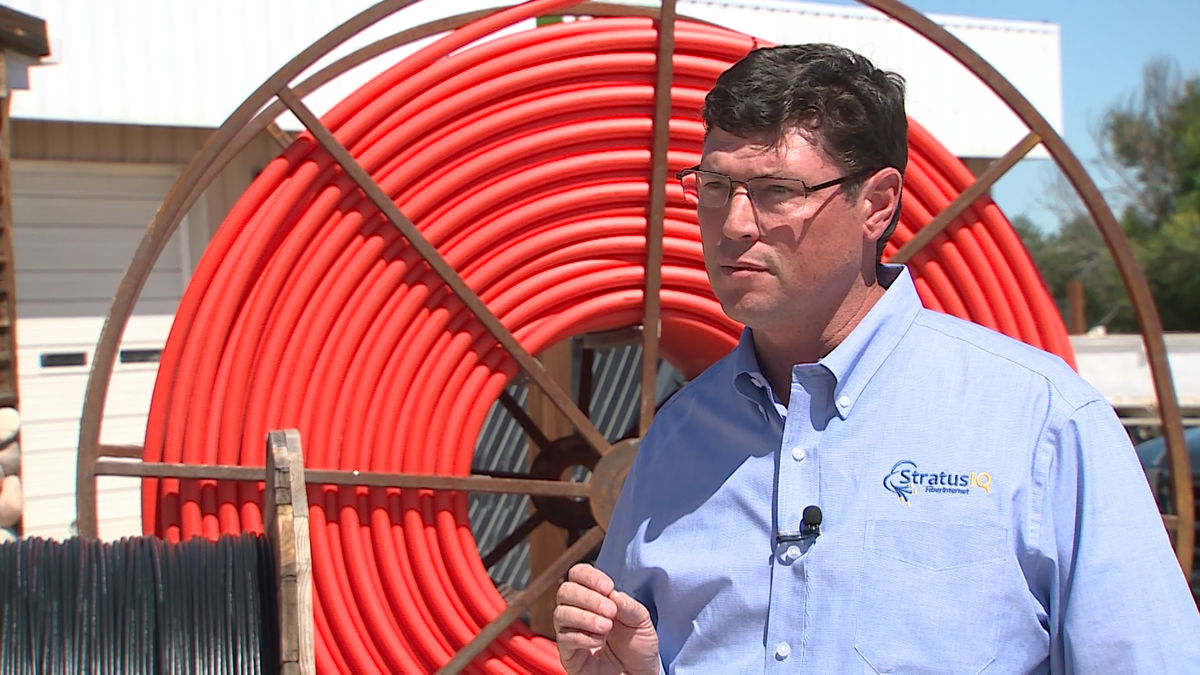
"Fiber is about capacity and reliability,” says Stratus IQ President Ben Kley, whose company began laying fiber nearly 15 years ago.
Kley says all the growth in Colorado Springs over the last decade is driving this internet speed revolution.
“When you have new rooftops going in, you're going to have new retail going in, and all of that development means more communication infrastructure is needed."
It’s true that not everyone needs 1GB per second internet.
Homes that don’t stream 4k movies, play video games online, or use other bandwidth-intensive devices can probably live with far less.
Consumer Reports created a bandwidth calculator to help people decide how much internet speed they need.
But that could change.
Since 2020, internet traffic has increased 51%, according to Kley, while the number of household devices like doorbells, security cameras, light bulbs, and garage door openers connected to the internet has exploded.
"The average homes now have 25 devices in each home, whereas a couple of years back in 2019, it was only 11. So you're seeing an exponential increase in usage, and you're seeing a high demand for the best infrastructure,” he explains.
So while fiber internet may be overkill for many of us now, its capabilities should allow these networks to serve the city for decades.
The good news is that the cost of fiber internet is likely very comparable to non-fiber internet, and most companies offer several speed options.
Here are the latest publicly posted prices for 1GB per second service as of 9/6/2022:
Ting Internet (unavailable until early 2023) – $89/month plus startup costs
Comcast/Xfinity – $80/month, no equipment fees for 2 years
CenturyLink / Quantum Fiber (not available in all areas, speed not guaranteed) – $65/month
Stratus IQ (not available in all areas) – $89/month
MetroNet (not available in all areas) – $59.95/month
Google Fiber (currently unavailable in Colorado Springs) – $70/month
Peak Internet (not available in all areas) – $99/month + router rental for 800mbps
Underline (not available in all areas) – $65/month
